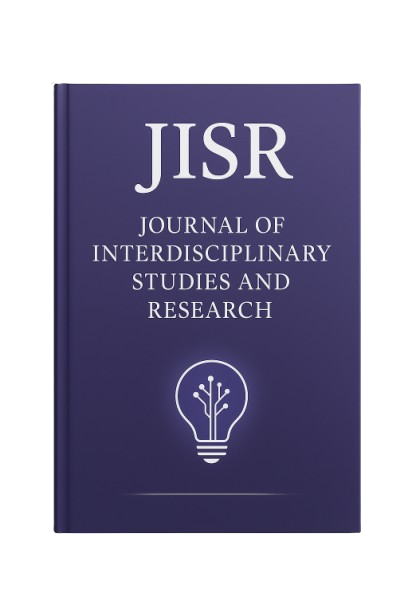Editorial Process
Transparent and rigorous editorial workflow
Editorial Process
The editorial process at JMRAS is designed to ensure fairness, efficiency, and quality. All submissions undergo an initial screening by the Editor-in-Chief to determine relevance, originality, and adherence to journal policies. Suitable manuscripts are then assigned to Section Editors, who identify qualified peer reviewers. Once reviews are received, the editor evaluates them collectively and prepares a recommendation for the Editor-in-Chief, who makes the final publication decision. Throughout the process, communication between editors, authors, and reviewers is handled confidentially and professionally.
Editorial Guidelines
Editors must conduct themselves with impartiality, discretion, and integrity. They are expected to evaluate manuscripts solely based on scholarly merit, without bias toward nationality, institutional affiliation, or personal relationships. Editors must also ensure that reviewers are selected objectively and that conflicts of interest are avoided. JMRAS follows the COPE Code of Conduct for Journal Editors, and all editorial decisions are expected to comply with its principles of fairness, transparency, and confidentiality.
Decision-Making Process
Editorial decisions at JMRAS are based on a balanced consideration of reviewer feedback, the manuscript's relevance to the journal's aims, and its contribution to scholarly discourse. The Editor-in-Chief makes final decisions after consultation with Section Editors and reviewers. Detailed feedback is provided to authors, explaining the rationale behind acceptance, revision requests, or rejection. This structured process ensures accountability and provides authors with a constructive pathway toward improvement.
Reviewer Management
JMRAS maintains a continuously updated database of reviewers with demonstrated expertise in their fields. Reviewers are selected based on academic credentials, research specialization, and prior experience in peer review. The editorial office monitors reviewer performance to ensure timely and comprehensive evaluations. Reviewers demonstrating consistent excellence are recognized annually and may be invited to join the Editorial Board.
Confidentiality Protocols
All materials handled during the editorial and review process are strictly confidential. Editors and reviewers are prohibited from sharing, citing, or using unpublished material for personal research. Manuscripts are stored securely using encrypted systems that comply with UK data protection standards. Confidentiality extends to all communications, ensuring that the integrity of the peer-review process is maintained at every stage.
Author Appeals
Authors have the right to appeal editorial decisions if they believe their manuscript was evaluated unfairly. Appeals must be submitted in writing within thirty days of the decision notice and should include a detailed justification. The Editor-in-Chief will review the appeal with at least two independent members of the Editorial Board not previously involved in the decision. This appeal process ensures fairness, transparency, and respect for the author's scholarly contributions.
Editorial Board
Meet our distinguished editorial team and learn about their expertise in interdisciplinary research.
View BoardSubmit Manuscript
Ready to submit your research? Follow our submission guidelines and submit through our online portal.
Submit NowEditorial Policies
Review our comprehensive editorial policies, ethical guidelines, and publication standards.
View PoliciesOur Mission
We strengthen the academic community’s capacity to generate research that is relevant, responsible, and transformative—serving society through rigorous inquiry and open dialogue.
Editorial Philosophy
Rooted in inclusivity, fairness, and rigor. Each manuscript is evaluated on scholarly merit, originality, and contribution to knowledge. Double‑blind peer review ensures quality and integrity.
Global Accessibility
Open‑access publishing with DOIs via Crossref and indexing targets including Google Scholar and DOAJ—supporting unrestricted access to knowledge worldwide.


